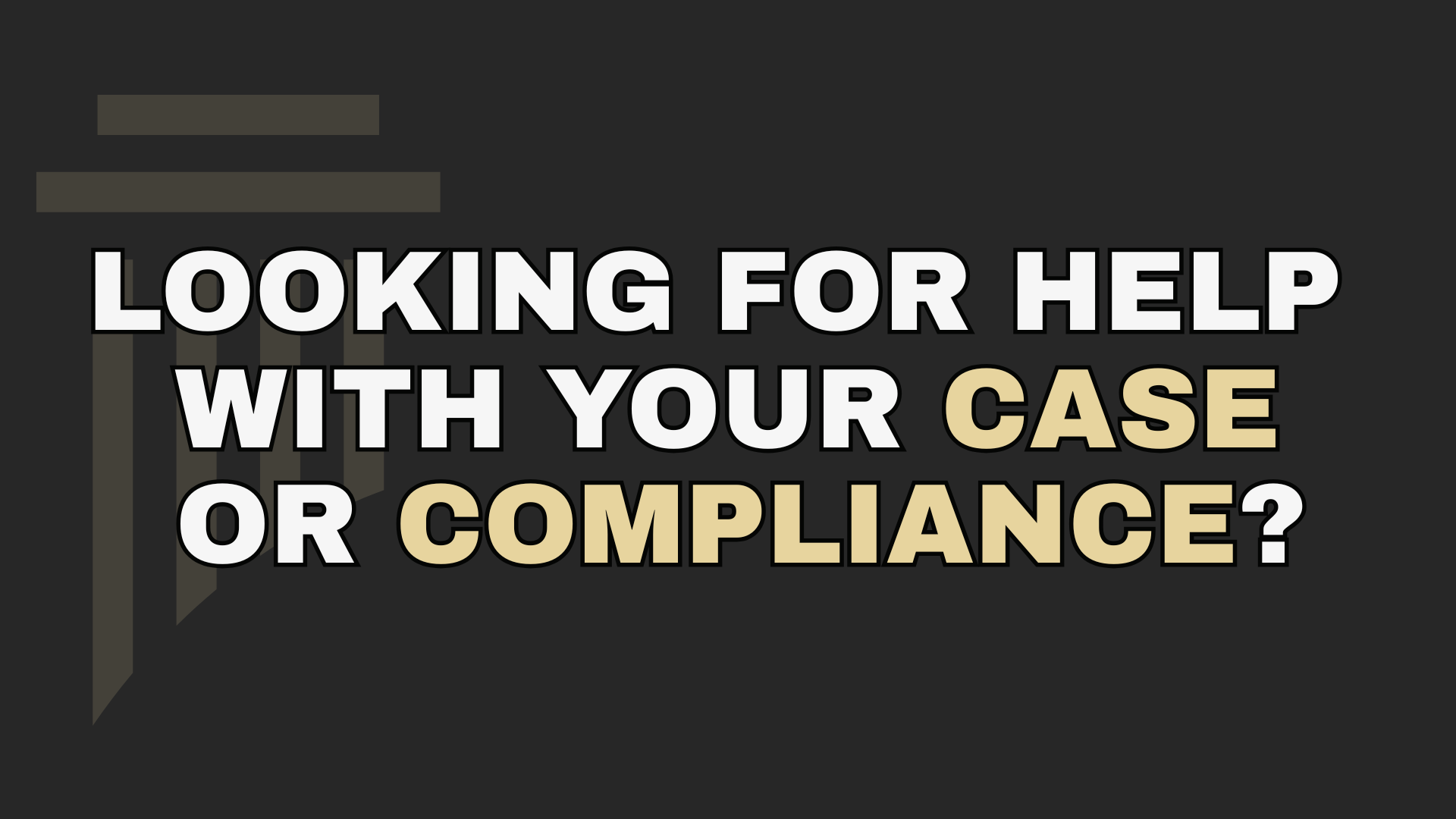Arrested in Ontario? Here Are Your Rights Under the Charter
Table of Contents
Why Knowing Your Rights Matters
The Legal Basis: The Canadian Charter of Rights and Freedoms
What Police Can and Cannot Do During an Arrest
The Right to Be Informed of the Reason for Arrest
The Right to Silence
The Right to Counsel (Lawyer)
Protection Against Unreasonable Search and Seizure
The Right to Be Brought Before a Judge Promptly
Common Misconceptions About Arrests in Ontario
What to Do (and What Not to Do) If You’re Arrested
Real-World Consequences of Ignoring Your Rights
How Venti Legal Defends Your Rights After Arrest
Conclusion
FAQs
1. Why Knowing Your Rights Matters
Getting arrested is overwhelming. The flashing lights, the handcuffs, the uncertainty—most people freeze or panic. But here’s the truth: your actions and words at the time of arrest can dramatically affect the outcome of your case.
That’s why understanding your rights under the Canadian Charter of Rights and Freedoms isn’t optional—it’s essential.
2. The Legal Basis: The Canadian Charter of Rights and Freedoms
The Charter guarantees certain fundamental rights to everyone in Canada, including anyone arrested or detained by police. These include:
Section 7: Right to life, liberty, and security of the person.
Section 8: Protection against unreasonable search and seizure.
Section 9: Right not to be arbitrarily detained.
Section 10: Rights upon arrest or detention (informed of reasons, right to counsel, right to habeas corpus).
These rights apply equally in Ontario as they do in every other province.
3. What Police Can and Cannot Do During an Arrest
The Right to Be Informed of the Reason for Arrest
Under Section 10(a) of the Charter, you must be told why you’re being arrested or detained. Police cannot simply hold you without explanation.
The Right to Silence
You are not required to answer police questions beyond identifying yourself in certain situations (like when driving). Exercising your right to remain silent cannot be held against you in court.
The Right to Counsel (Lawyer)
Section 10(b) guarantees your right to speak with a lawyer without delay. Police must provide you with an opportunity to contact one, and if you cannot afford a lawyer, you have the right to legal aid.
Protection Against Unreasonable Search and Seizure
Section 8 protects you against unlawful searches. Police generally require a warrant, though there are exceptions (for example, if evidence is in plain sight or during a lawful arrest).
The Right to Be Brought Before a Judge Promptly
Under the Criminal Code of Canada and the Charter, anyone arrested must be brought before a justice within 24 hours or as soon as possible. This ensures you aren’t held indefinitely without review.
4. Common Misconceptions About Arrests in Ontario
“If I stay silent, it makes me look guilty.” Wrong. Silence is your legal right.
“Police must always have a warrant.” Not always—there are exceptions.
“If I explain myself, they’ll let me go.” Talking often gives police more evidence against you.
“I can’t call a lawyer until after questioning.” False. You have the right to call immediately after arrest.
5. What to Do (and What Not to Do) If You’re Arrested
Do:
Stay calm and polite.
Ask why you’re being detained.
Clearly state: “I wish to remain silent. I want to speak to a lawyer.”
Don’t:
Resist arrest—it can lead to additional charges.
Volunteer information or try to “explain yourself.”
Assume police are “just being friendly.” Every word you say can be used in court.
6. Real-World Consequences of Ignoring Your Rights
Imagine being charged with impaired driving. If you volunteer information before consulting a lawyer, you might admit to details the Crown can later use to strengthen their case. On the other hand, if you exercise your Charter rights properly, your lawyer may be able to challenge the stop, the search, or even the admissibility of statements you made.
Knowing your rights can literally mean the difference between conviction and acquittal.
7. How Venti Legal Defends Your Rights After Arrest
At Venti Legal, we don’t just know the law—we know how to use it to protect you. Our criminal defence team:
Scrutinizes whether your Charter rights were violated.
Challenges unlawful searches, detentions, or statements.
Builds a strategic defence to minimize or eliminate charges.
If you’ve been arrested in Ontario, your next call should be to a lawyer who will fight for your freedom and reputation.
8. Conclusion
An arrest in Ontario doesn’t mean you lose your rights. The Charter protects you—but only if you use those protections wisely. Staying calm, remaining silent, and demanding access to legal counsel are your strongest moves.
At Venti Legal, we ensure that your Charter rights are upheld and that any police overreach is challenged in court. Your freedom and future deserve nothing less.
Book a Consultation on Your Matter
Insert final call to action here. Insert final call to action here. Insert final call to action here.
📍 Serving: Toronto | Mississauga | Vaughan | Hamilton | Ottawa | Across Ontario
📞 416 549 8012
🌐 www.ventilegal.com
📩 Online inquiries answered promptly
VENTI Legal Services
Regulatory Defence. Traffic Offences. Minor Criminal.
This isn't law. This is leverage.
FAQs
-
Yes, in certain situations (like traffic stops). Otherwise, you generally don’t have to provide more than your name and basic identification.
-
Not without a warrant, except in rare circumstances. Courts are very strict about digital privacy.
-
Failure to inform you of your rights may result in evidence being excluded from trial.
-
Yes. You have the right to speak with the lawyer of your choice or to access free duty counsel immediately.
-
You must be brought before a justice within 24 hours or as soon as reasonably possible.




